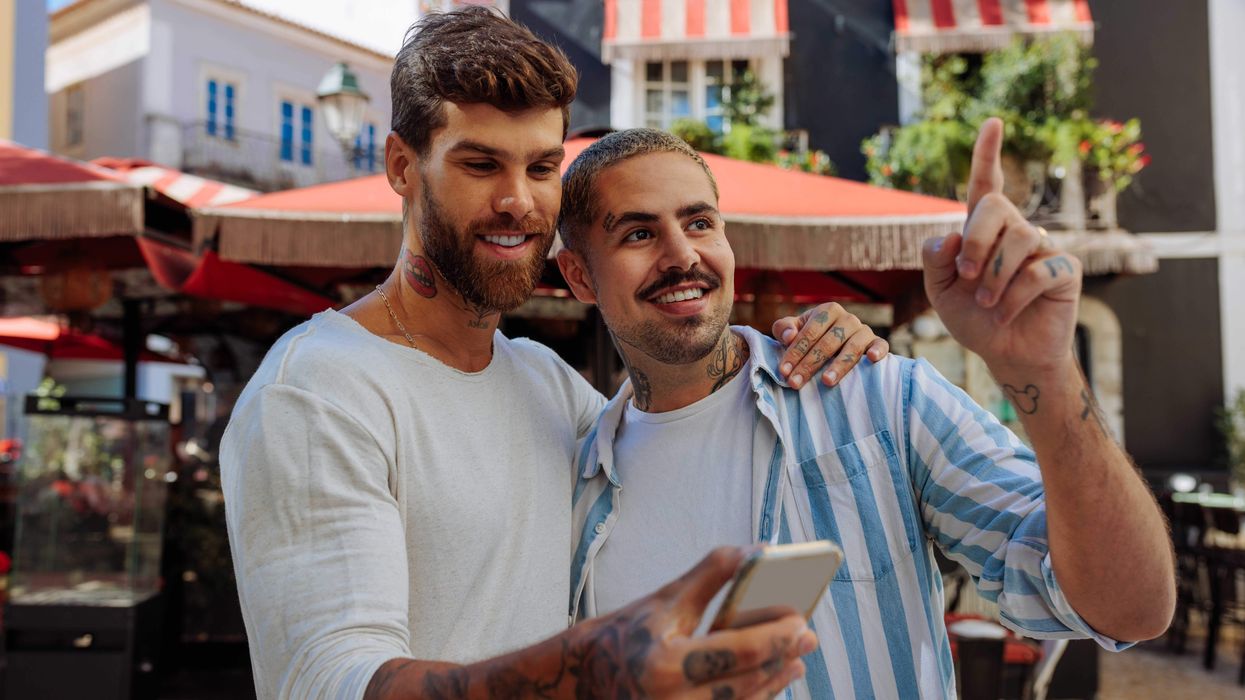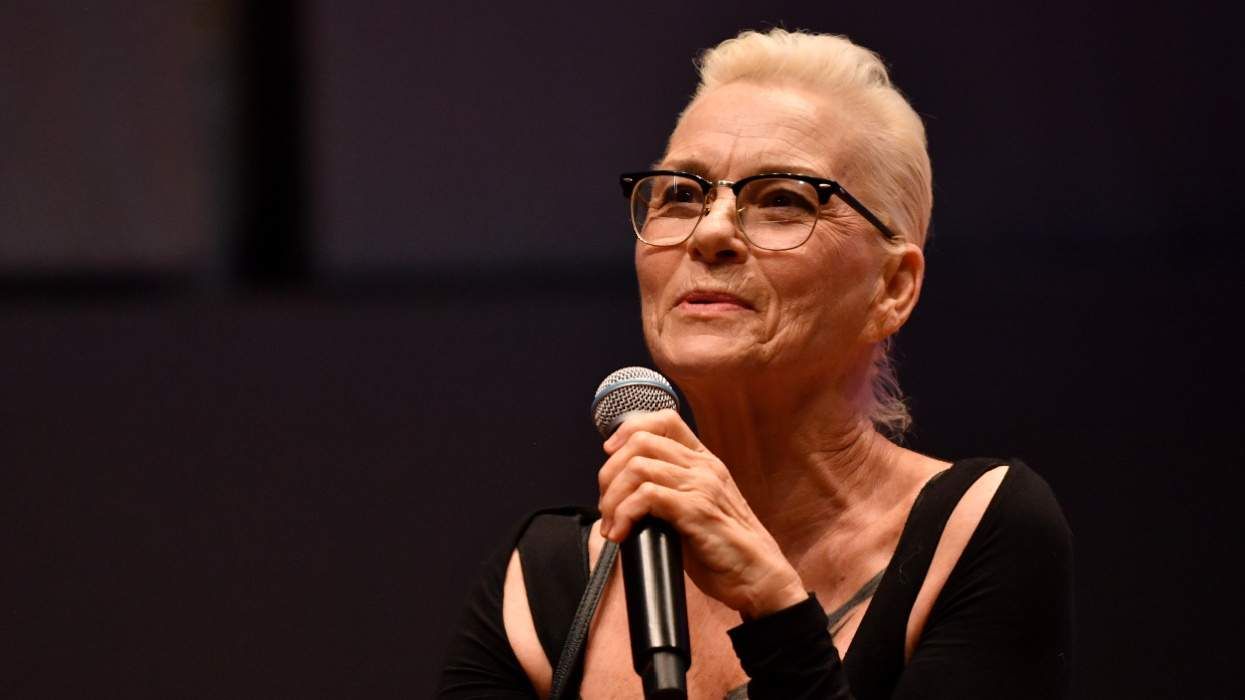My husband and I have a great relationship and are headed toward our 10-year anniversary. But I notice that when we argue it is always about the stupidest little things. It seems so pointless. My friends tell me the same thing goes on in their relationship. Why does this happen and what can we do to stop doing it? It can spoil an afternoon or a moment.
Signed,
Fighting in Fremont
Dear Fighting in Fremont,
When you have a husband sometimes you need a universal translator like they had on the old Star Trek TV series. That way would you know what they are really saying when they pick a fight with you about the laundry. Or perhaps you could get that fun gadget from the animated Pixar movie Up that turns the dogs' barks into English: "Squirrel!"
As a couples counselor, I work as a translator every day. I interpret couples' words into the language of attachment theory. You can check out the translations below.
Attachment theory is a big deal in psychology. Forty years of research has taught us that we have a built-in, wired need to be attached to others. If an infant isn't attached to his or her caregivers, that infant is at high risk of death, even if that infants gets plenty of food and medicine. That's just pure science.
What is the primary concern of a toddler? It's "Who will take care of me? I don't even know how to open the refrigerator." For a toddler, being cared for and connected to others is a life or death matter.
You made it through childhood because someone cared for you.
These core attachment concerns arise in all adult love relationships. That's one reason our relationships feel so important, and so difficult. Here's a handy human translator you can use at home.
When your partner shouts:
"You didn't text me that you'd be late!"
The translation is:
"I feel abandoned and alone."
When your partner yells:
"Damn it, you didn't pick up the dry cleaning like I told you."
Your partner is really expressing:
"You don't care about me since you didn't listen to me."
And when your partner says:
"I'm glad you came over tonight."
The translation is:
"It means so much to feel connected to you."
Am I kidding? Well, maybe I'm exaggerating a little to make a point. But it's true that you and your partner are constantly asking the following questions, silently and unconsciously:
Is he safe? Does she love me as much as I love her? Will he stay with me? These are the central preoccupations of toddlers -- and of grown-up people.
What if you started looking at your relationship through the lens of attachment theory? When you do that you soften the rough edges in your relationships.
When he gives you major attitude about being late, perhaps you first think, Calm down, enter expletive here! Instead, what if you stopped and realized, Oh, he feels like I don't really love him. If you thought that, you would feel less attacked. You'd probably feel some empathy for his feeling of abandonment.
You still wouldn't like the attitude, but you'd be less likely to escalate the fight by attacking him. And because you weren't in attack mode he probably wouldn't attack back. He would settle down sooner.
And imagine if sometimes you even soothed his attachment pain with a statement like "I'm sorry I'm so late." He might even melt immediately. There's a baby inside your adult partner and also one inside of you. When we start to realize that, our partner get less threatening and his or her messy parts less frustrating.
We are not empathy machines. We can't empathize all the time with our partner's hurt feelings. However, we can start to resolve conflicts more quickly by talking about what is going on between us from the attachment perspective.
The conversation gets so much deeper and so much more interesting when we start to talk about how we feel dropped emotionally by our partner, rather than staying exclusively focused on the details of the crime of the dirty dishes in the sink.
















Charlie Kirk DID say stoning gay people was the 'perfect law' — and these other heinous quotes
These are some of his worst comments about LGBTQ+ people made by Charlie Kirk.